It was Leo Tolstoy who said, “the two most powerful warriors are patience and time.” I could be wrong here, but I like to think he was speaking specifically to parents at that moment. After all, with a high capacity for patience and a willingness to trust time to “do its thing,” I suspect this whole parenting thing would be a lot easier. The problem, though, is that most parents do not have endless reserves of patience, nor is it easy for them to let go of the illusion of control when the only thing that can improve a given situation is the passage of time.
If it is hard for adults to foster the “power” of patience, try to imagine how much harder it might be for children (especially considering their developmental proneness to impulsivity). We might not be gurus of patience, and, we can still effectively teach this elusive and powerful skill to our children. After all, to do so is to help them tolerate life’s inevitable frustrations. Here are some ways to do that from a positive parenting perspective:
- Model Patience: a tall order, I know. Since children often learn by watching us, though, do your best to demonstrate patience in your day-to-day life. This could mean staying calm when your flight gets delayed at the airport, or resisting the urge to compulsively check the mail for a package you are expecting.
- Set Realistic Expectations: we have already established that it is exponentially more difficult for our kids to embody patience than it is for us (and it is plenty difficult for us!). With that in mind, remember that your child’s patience will develop gradually. Expecting a young child to handle extreme frustration with grace is absurd! Encouraging them to take small steps toward frustration tolerance will set them up for success.
- Schedule Waiting Rehearsals: plan ahead to incorporate waiting into your child’s day so they have an opportunity to practice being patient (and be incrementally rewarded when they succeed). Begin with short, manageable waiting tasks to foster a sense of capability before gradually increasing task difficulty. For example, start by saying, “your snack is ready, but we are going to wait one minute before eating - here, let’s watch the timer count down together. This will help us learn to be patient.” Over time, you can increase the amount of time they will wait.
- Help to Distract them while they Wait: When your child is practicing patience, engage them in activities that will make the waiting more tolerable (e.g., reading, coloring, going for a walk, or playing with a toy).
- Teach Emotion Regulation Skills: introduce your child to techniques that will help them regulate their emotions in moments of frustration. Examples might be deep breathing exercises and/or activities that engage any of the senses.
- Explain why Patience Matters: use age-appropriate language to help your child relate to the concept of patience and why it is important. Utilize resources your child can connect to such as books where characters demonstrate patience (Mo Williams’ “Waiting is not Easy” is a personal favorite) or board games/puzzles that involve waiting and turn-taking.
- Empower them with Problem-Solving Skills: a child who can brainstorm solutions is a child who feels less “stuck” when placed in a difficult situation. Look for opportunities to guide them in thinking of various solutions to problems.
- Positive Reinforcement: remember to use positive reinforcement at each and every appropriate juncture of this journey! If your child is exhibiting an effort or behavior you want them to repeat in the future, reward them with verbal praise, stickers, snuggles, or the exhilarating lights and sounds that emit from your Goodtimer!
When you use positive parenting practices to build patience in your child, you are incidentally building your own patience, too. Try to remember: patience begets patience - or, more specifically, your patience begets theirs. By implementing the above pointers and using consistent positive reinforcement, you and your child will be well on your way. Good luck!
Watch the Video:



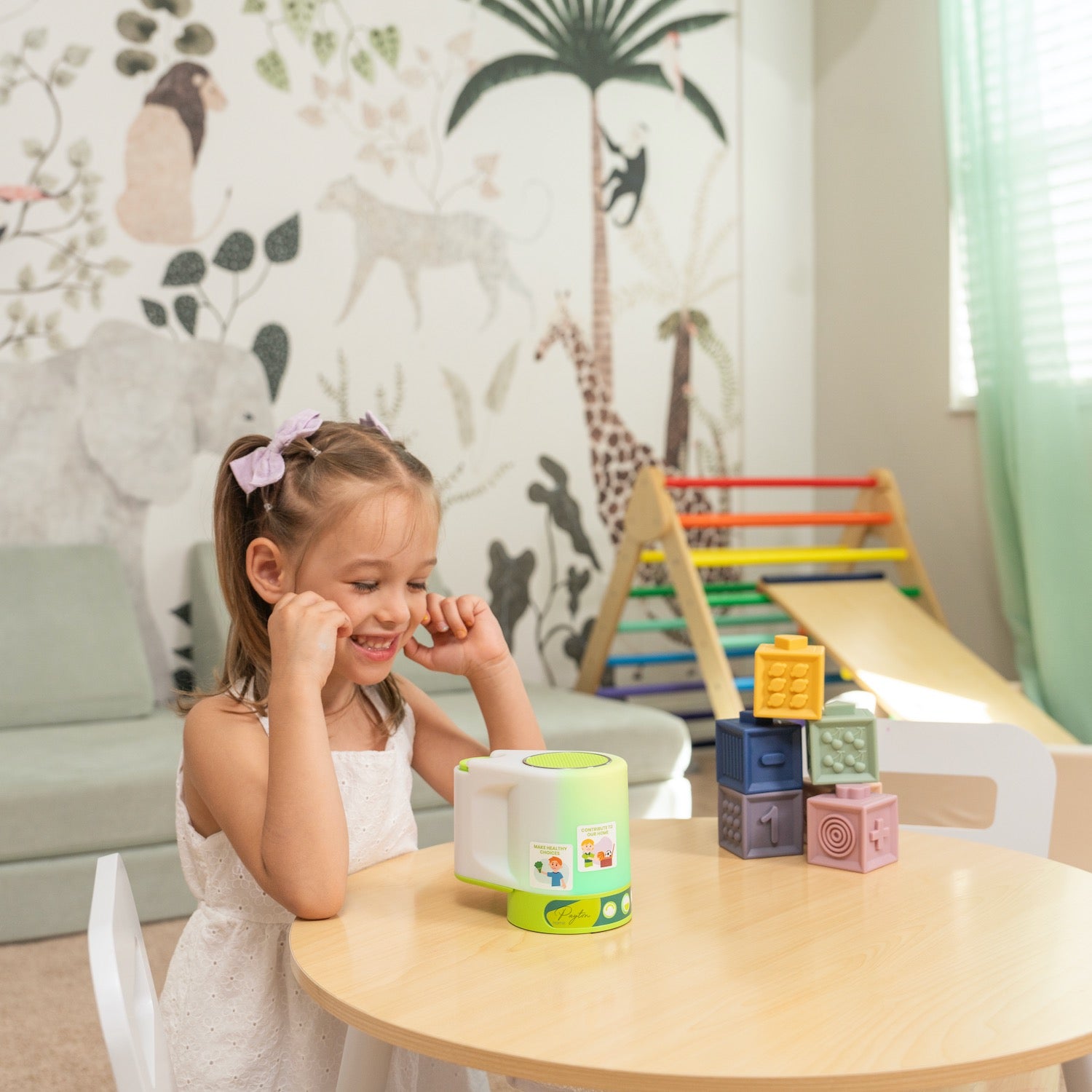
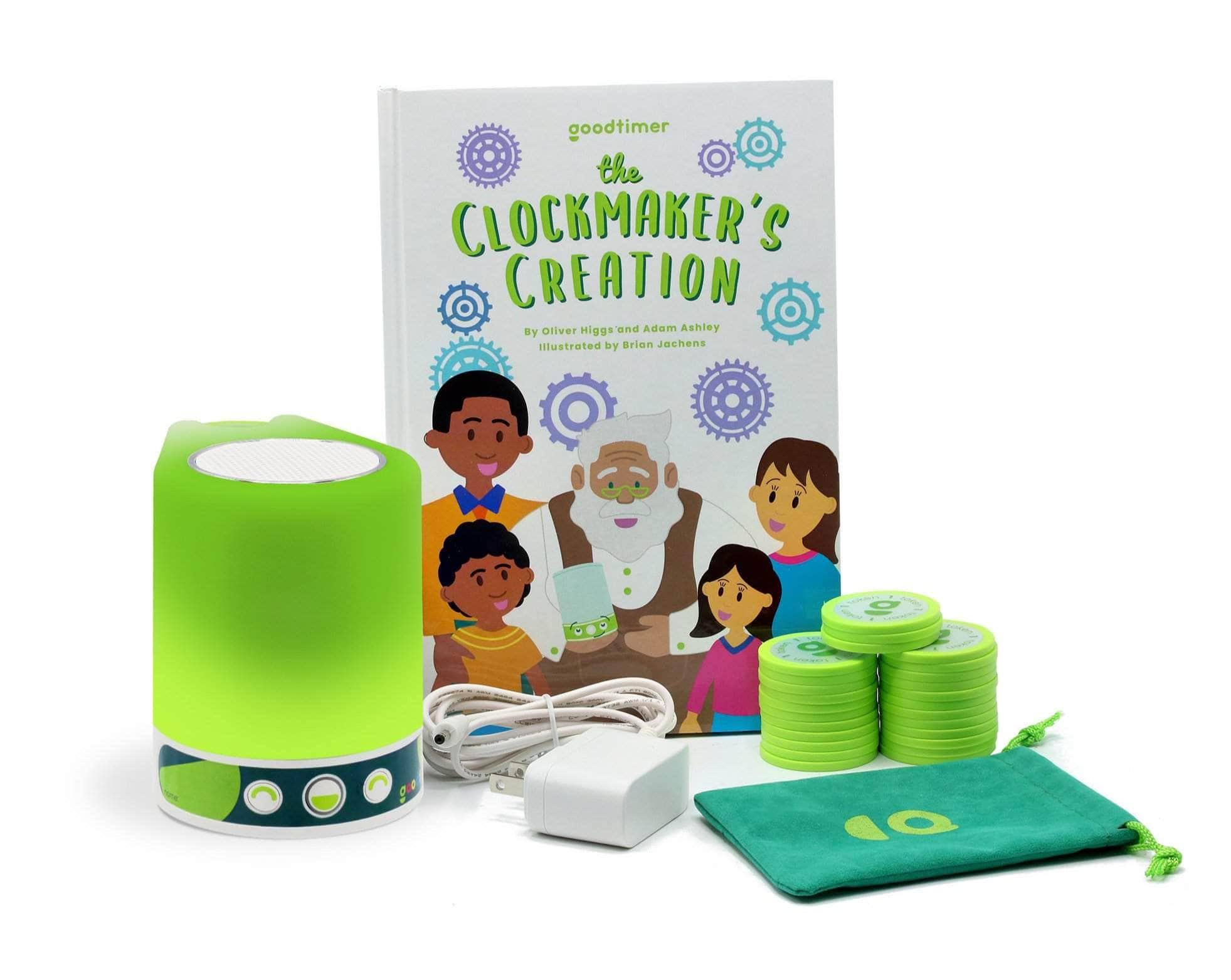

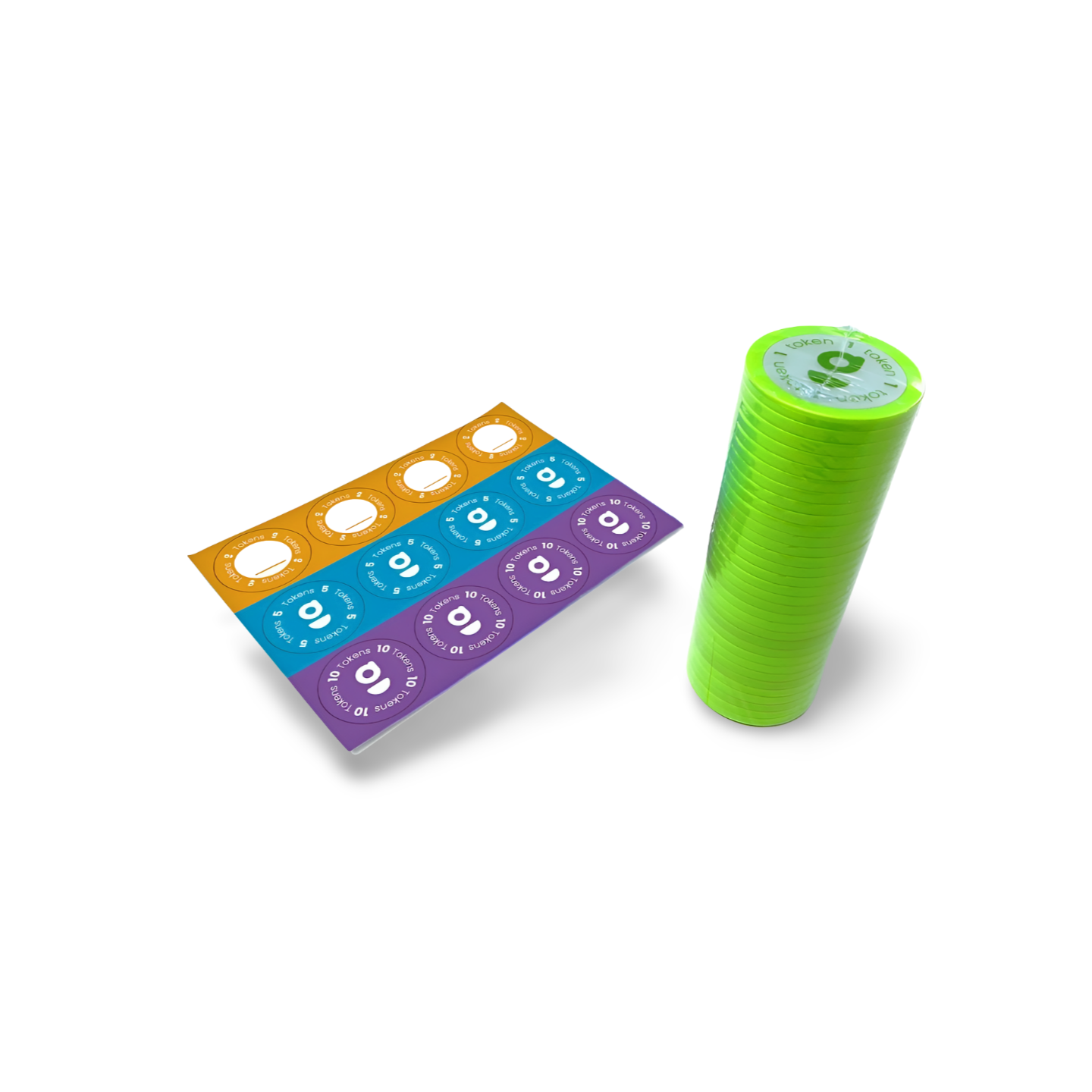
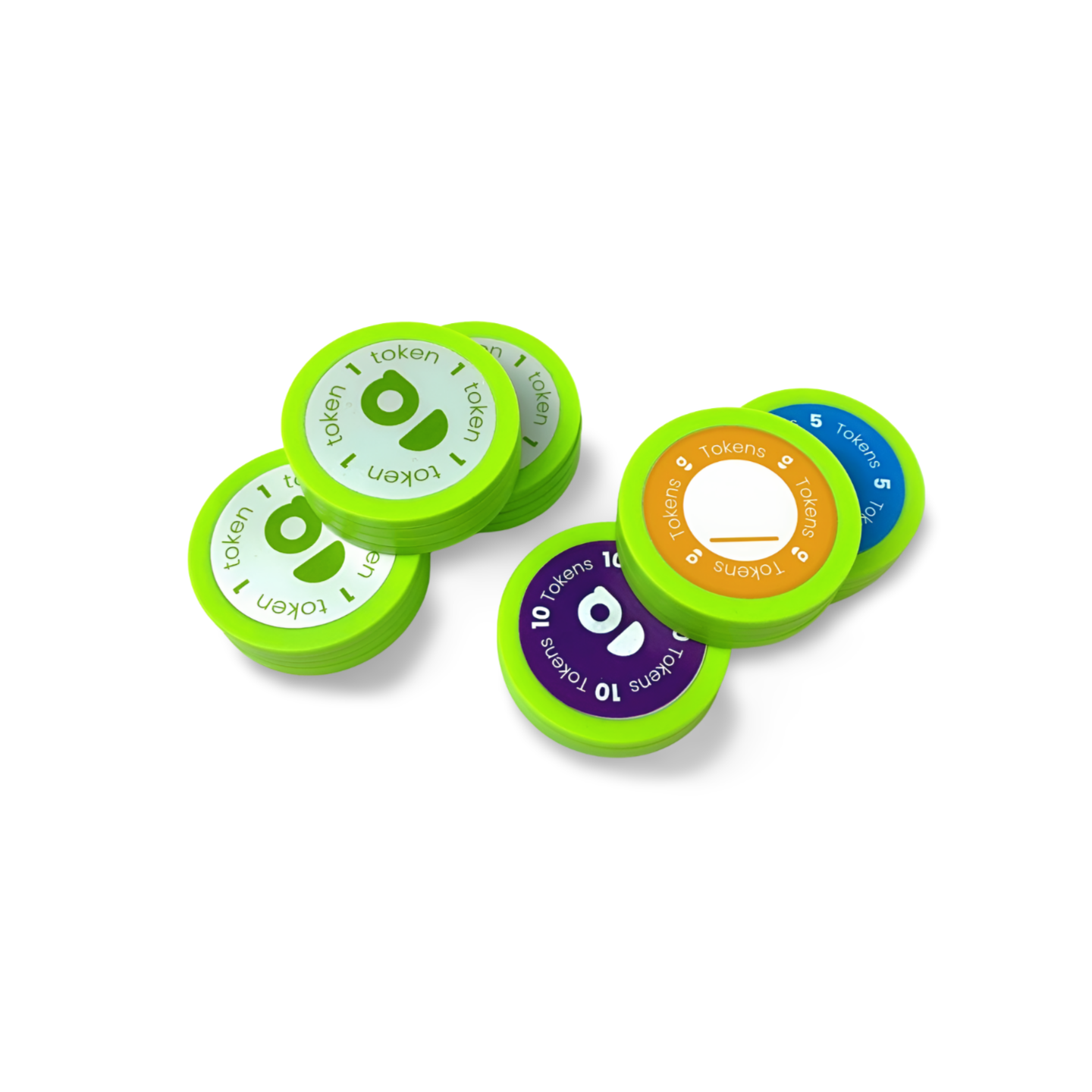
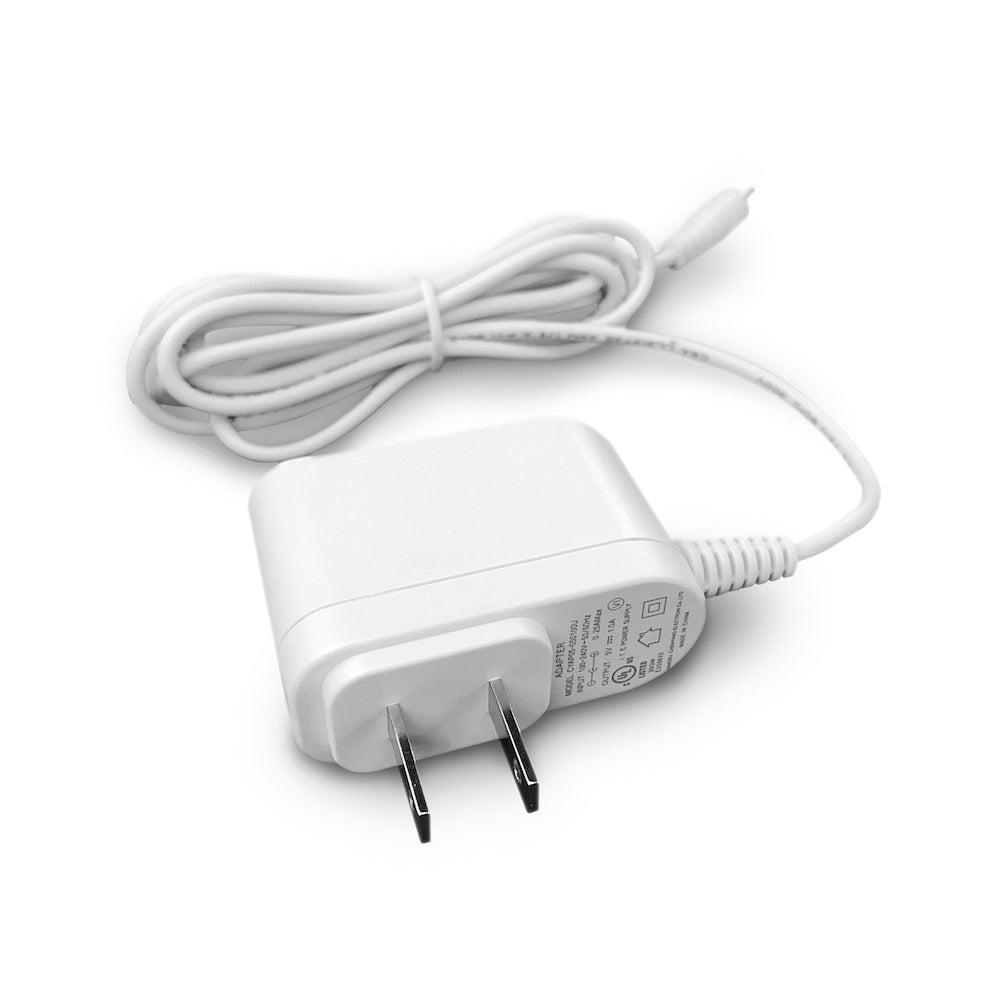
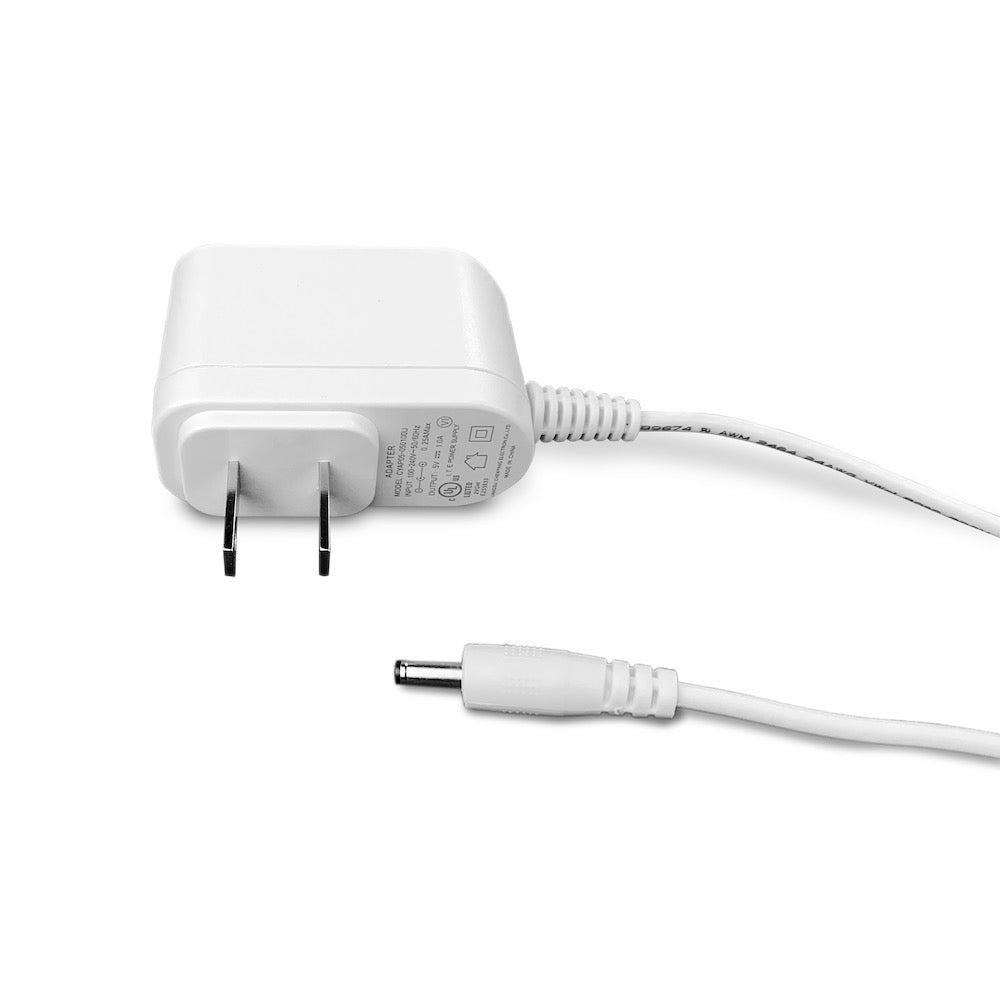
Leave a comment